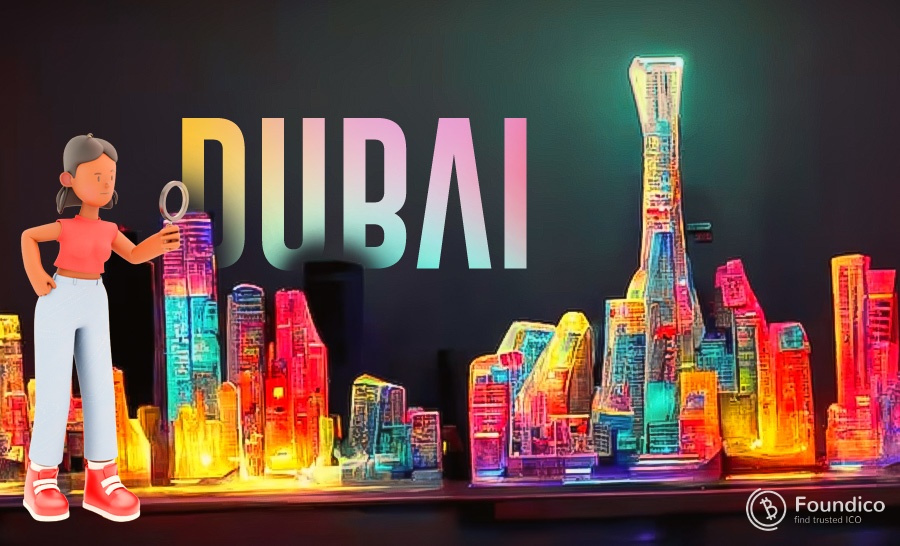An Introduction to the Free Zones in Dubai

The goal of Dubai's free zones was to promote international trade, attract foreign investment, and accelerate economic growth. In order to promote a business-friendly environment, these zones provide businesses and entrepreneurs with a number of benefits, including tax exemptions, 100% foreign ownership, and streamlined business setup procedures. Each free zone offers services tailored to specific economic sectors and business models, fostering a thriving business community.
There are a variety of free zones in Dubai, each with unique benefits and a focus on a different industry. Principal free zones in the city include:.
1. One of Dubai's largest and oldest free zones is Jebel Ali Free Zone (JAFZA). In 1985, it was established. It is strategically located close to the Jebel Ali Port and Al Maktoum International Airport and focuses on manufacturing, trading, and logistics operations.
2. The Dubai Multi Commodities Centre (DMCC), which opened its doors in 2002, is a renowned free zone for trading commodities like precious metals, diamonds, and tea. Along with housing many other businesses, it offers a prestigious business address in the Jumeirah Lakes Towers area.
3. A light manufacturing, aviation, and logistics industrial park called Dubai Airport Free Zone (DAFZA) is located close to Dubai International Airport. There is access to current infrastructure, and it is well connected to the rest of the city.
4. Dubai International Financial Centre (DIFC) was established in 2004 and quickly became a well-known financial hub for prestigious banks, investment companies, and financial institutions. Businesses benefit from a stable and open environment because it operates within a distinct legal and regulatory framework.
5. Dubai Silicon Oasis (DSO): DSO is a technology-focused free zone that promotes innovation and research and development (R&D) in the fields of IT, electronics, and smart city solutions. It provides a range of amenities, including offices, research facilities, and housing options.
6. Dubai Healthcare City (DHCC), a free zone with a healthcare industry that attracts doctors, clinics, hospitals, and pharmaceutical companies, was founded in 2002. It seeks to create a world-class healthcare hub nearby.
7. As a hub for the media and creative industries, including publishing, broadcasting, and advertising, Dubai Media City (DMC) was established in 2000. It offers state-of-the-art amenities and a thriving community for media professionals.
8. Dubai Design District (d3) was founded in 2013 and acts as a creative hub for companies in the fashion, design, and art sectors. It provides a setting for collaboration and creativity, fostering a thriving design community.
9. The massive, multi-phase development project known as Dubai World Central (DWC) includes Al Maktoum International Airport, the site of the upcoming Expo 2020, as well as numerous commercial and residential areas. Its development into a significant commercial, aviation, and logistics hub is anticipated for the future.
10. The International Media Production Zone (IMPZ), formerly known as Dubai Production City (DPC), is primarily focused on the printing, publishing, and packaging industries. It provides these businesses with state-of-the-art facilities and infrastructure.
These are only a few of Dubai's numerous free zones, each of which supports particular industries and commercial endeavors.
These sectors are crucial for promoting economic diversification and attracting foreign investment, which enhances Dubai's status as a significant global business hub.
Author: Pooyan Ghamari, Swiss Economist

 Best Wallet - Best Wallet Token, revolutionizing the Web3 experience. $BEST token reduces transaction fees, grants exlusive early access to the hottest presales and gamifies wallet engagement.
Best Wallet - Best Wallet Token, revolutionizing the Web3 experience. $BEST token reduces transaction fees, grants exlusive early access to the hottest presales and gamifies wallet engagement.